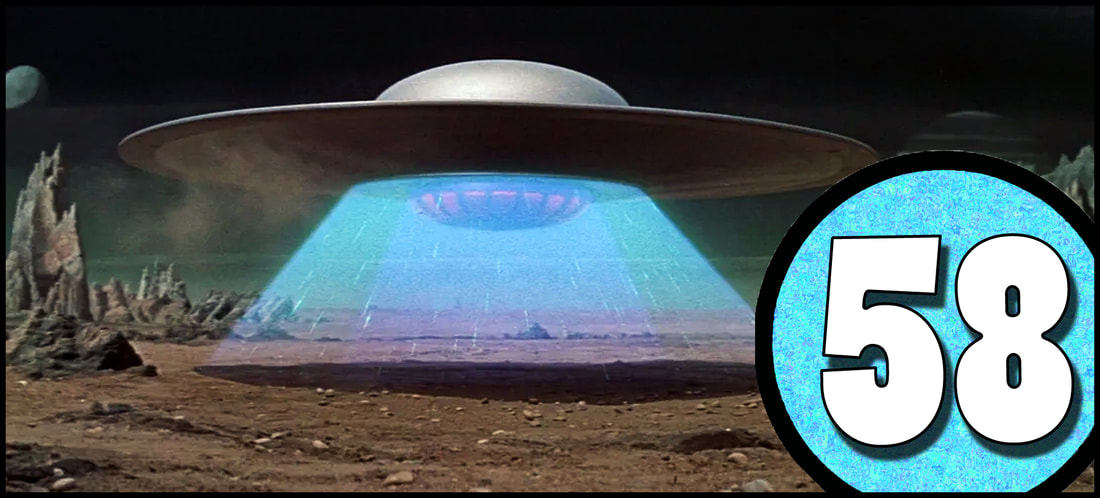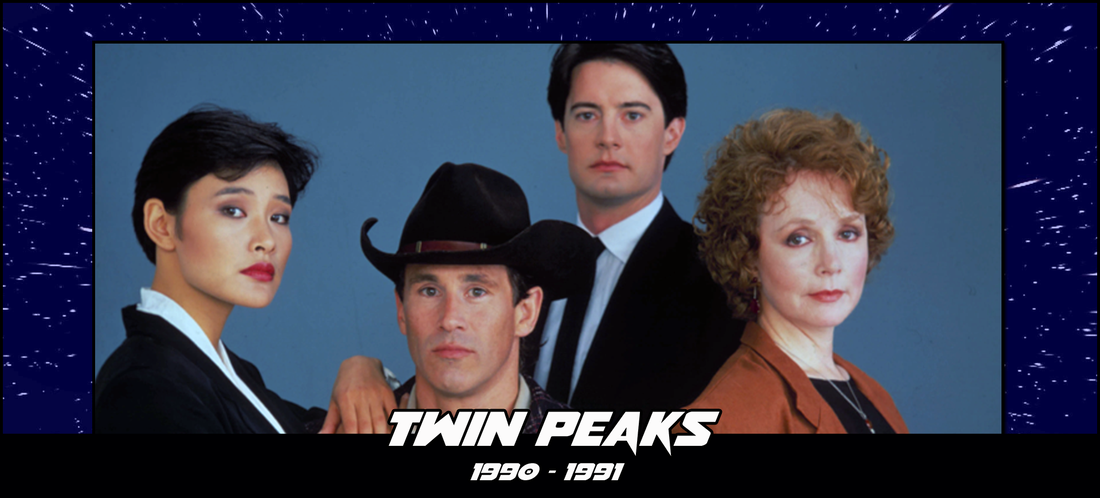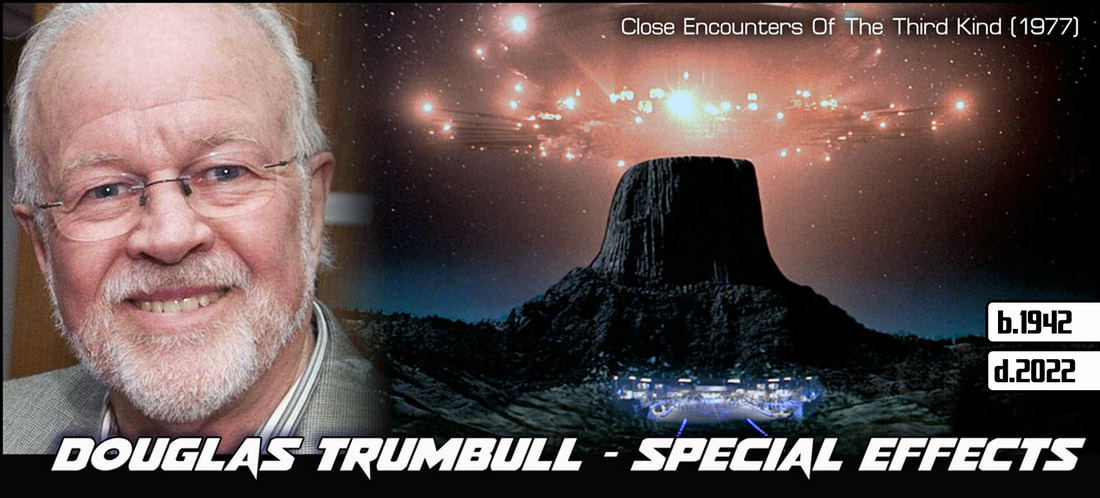And ... yes, yes, yes ... it's Monday ... yet again, people. Sorry. I can't do anything about the clock or the general progression of time itself. Yes, I wish I could, but I've no more power than any of you. Buckle down and you'll get through it, folks. I promise.
But, yes, it is Monday, and here's hoping your weekend was good. Mine was pretty solid. I caught a screening of Godzilla x Kong: The New Empire (reviewed here) , and I was modestly entertained. It wasn't great -- certainly not on par with Godzilla Minus One, but the American flicks are a completely different animal anyway -- but it kept me focused to a certain degree. It's the usual American carnival thrill ride of a movie, and that's about it. But please ... do check out my review as I think I explain why I felt the way I did with greater specificity.
Otherwise, that's about it on the genre front. I did watch some Netflix -- a comedy program -- but nothing I'd cover in this space. As I've always mentioned, I, too, need my time away from Science Fiction, Fantasy, and Horror in order to refresh the brain and just be a better writer. Watching a variety of programs keeps the brain flowing naturally, and I strongly encourage all of you to seek out and explore strange new worlds whenever you can.
In the meantime? Well, let's look at a few citations from today!
When the show's first episode aired on this day all the way back in 1990, I was there, and I can assure you that audiences probably thought they were going to get something resembling the traditional murder mystery, albeit infused with some of the cinematic leanings of the great storyteller David Lynch. Granted, there were hints that there was definitely something vastly more complex going on in this quirky drama; and -- before long -- the program kinda/sorta became one of those seminal water cooler shows ... the kind of thing everyone was talking about, trying to piece it together with their coworkers and friends. What did this mean? What did that mean? Why did nothing have a reasonable explanation? Why did nothing function rationally? Oh, that's because David Lynch and Mark Frost had much, much, much more in mind than just some run-of-the-mill procedural. There were making history, folks -- whether they liked it or not -- and the landscape of television expanded exponentially in the wake of this program which lasted (initially) only two seasons.
(Yes, I know it had a theatrical follow-up as well as a serial one, but we didn't know that way back then, so pipe down, haters.)
And ... it wasn't the kind of show that you just liked or didn't like, though I've no doubt that there were divisions within the society at large. It was the kind of experience you saw and then found yourself questioning what it was you saw. With its expanded cast of characters, there was always something brewing in the town of Twin Peaks -- a place that had damn fine coffee -- and a great many careers were launched on the back of its narrative. Even its cliffhanger ending had a kind of closure that defied an ordinary explanation, and I'll be forever thankful for this little show that kinda/sorta refused to be anything other than extraordinary at every juncture.
A quick glance at the man's incredible resume stands as evidence that there was incredible work being down in the 1970's and 1980's that was pushing the industry into some incredible directions, many of which no one saw coming as closely as did Trumbull himself.
You want me to name a few?
Where oh where would Science Fiction have been without Stanley Kubrick's 1968 film 2001: A Space Odyssey? Trumbull largely got his start bringing that production to life visually, and his track record from there gets even more magical.
In 1971, he crafted the visions of The Andromeda Strain.
In 1972, Silent Running truly upped his game a bit more, introducing a 60's 'save the Earth' mentality into a somewhat twisted look at a dark tomorrow.
In 1977, Close Encounters Of The Third Kind showed the man delivering a look at alien technology that had never before been seen on film and -- some might argue -- has rarely been seen since.
Think what you will about 1979's Star Trek: The Motion Picture as a story ... but how about those effects? Trumbull catapulted audiences into a future that showed humanity both could and would venture boldly where no one had gone before. Some of those sequences from decades ago still outshine modern effects work -- so far as I'm concerned -- and are seminal moments in all of Trekdom.
In 1982, the effects master delivered a dark vision of what our future could be with Ridley Scott's Blade Runner.
Along the way, the pioneer won countless accolades and praise alike. The world of film looks different today because of what he did back then, and dare I say? It'll likely never look better than what it did under the man's watchful eyes.
Once again, you've reached that place in the daily blog wherein I challenge you to never stop ... to never surrender ... and to keep searching for things that you love in genre trivia. There's a vast array awaiting your discovery, and -- if you're up to the task -- this mission is meant for you.
Here's the link ...
As always, thank you for reading ... thank you for sharing ... thank you for being a fan ... and live long and prosper!
-- EZ




 RSS Feed
RSS Feed